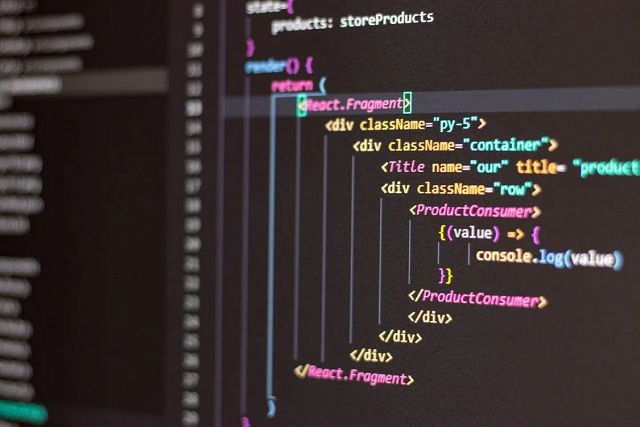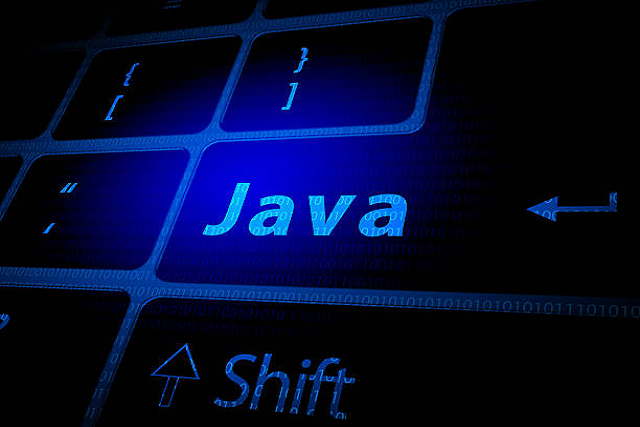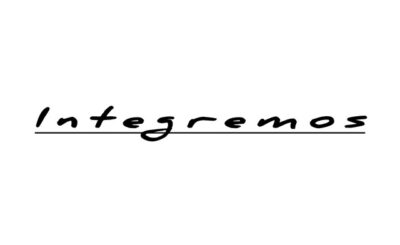There is a well-known method in Java known as the Recursion method. Developers commonly talk about the method and prefer it. You can refer to this method as the recursion. If you are unaware of what is recursion java, you can take the example of two parallel mirrors when such mirrors are in front of each other.
Table of Contents:
What is Recursion Java and How Does It Work?

When we look at algorithm theories, we find the correct definition of an algorithm. It is a method to define functions. These functions can return values and perform tasks like calculations. Hence, you can make efficient decisions relying on the results.
You can also say that recursion itself is a call fund that provides you with the next step to the recursion. If you want to ensure that your next step differs from the previous one in an iteration, put at least one interchangeable parameter in the recursive cell.
In a recursive call function, a condition is set to make it possible to stop the loop. To make this possible, you must provide some functions within the main function. With this approach, you can avoid the infinitely running loop.
One of the most commonly denote statements to stop any loop is the ‘if-else’ statement. This is a condition where you put two conditions for a function to follow.
Explanation of the Implementation of Tasks on Recursion
What is recursion java? You can use this function to perform similar tasks repetitively. With this function, you can be accurate while performing repetitive tasks. So you are new to using recursion? You will love how efficient it is!
Moreover, Not only, you can also use multiple variables and control the number of iterations. You can implement the set of the loop in the recursion function.
However, you must be able to recognize three crucial stages to convert a cyclic process into a recursive process:
- The prerequisite for stopping the recurrent process. The accomplishment of the value k = 10 is the termination condition. However, it works if a counter or iterator k goes from 1 to 10 in ascending order. The return statement specifies the ending circumstance;
- The formula for the iterator or next element in the recursive process. The return statement contains the formula;
- The list of parameters that the recursive function receives. Moreover, one of the arguments must be an iterator (counter) that modifies its value. Other inputs, such as a reference to the array, are optional.
5 Common Questions about Recursion Java:

Is Recursion Jave Useful?
Do people often wonder why use recursion in Java? With a recursive function (DEF), you can call it multiple times. Moreover, you can also set a potential cycle of task performance. Definitions indicate that the recursive function is of two types. The function that can call itself is known as immediate recursions.
Why recursion in JavaScript is beneficial? You can avoid the unnecessary calling of the function since the function will do it as per its need.
How Does it Work with Value Parameter?
How does recursion work Java? You can put a program along with parameters. It helps you to determine the need for a function call. Moreover, the loop stops when the condition is met. This statement or parameter is known as a termination condition. If you are unable to set an effective termination condition, your program will result in a stack overflow.
Do Recursion Repeat to Decrease time Complexity?
Recursive functions are ones that call themselves. Its advantage is that it reduces the program’s time complexity and frees us from having to write the logic again. Moreover, one drawback is that infinite iteration may result if the ending condition is not precise enough.
Will Recursion Statement Call itself?
You can use the following statements to determine the recursive functions:
int factorial(int n) {
if (n! – = 1)
Return Factor (n*(n-1));
However, What is the recursion java advantage in this approach? You can decrease the complex nature of the program. Moreover, you can also save a great deal of time. However, you can run the same variable through multiple calculations.
Will it Solve Logical Code Issues?
One thing you need to understand clearly is that calling a function by itself is not recursion. So why use recursion? The best quality about this is that you can use the function to perform repetitive calculations without monitoring.
Difference between tailed and non-tailed recursion
When a recursive call is the function’s final action, it is said to be tail recursive. For more information, see the article on tail recursion. How does recursion distribute memory to various function calls? Moreover, Any function is given memory on the stack when it works from the main().
What is recursion in Java? Recursive functions call themselves, allocating memory for the called function on top of memory set aside for the calling function and creating a unique copy of local variables with each function call. You can avoid it when you see a prompt that failed to download the file by calling the function again.
However, when the function reaches the base case, memory is released, the process continues, and it returns its value to the function from which it was called. Let’s use a straightforward function to demonstrate how recursion functions.
Conclusion:
Are you new to the field of Java? You might be wondering what is recursion java? As this article indicates, you can use recursion to perform a calculation that occurs in your program under some conditions. The recursion method helps you to put a condition on a loop.
Hence, you will be able to solve complex problems once you get the answer to a basic question like ‘what is recursion java?’
Moreover, all of this is possible without investing a great deal of time in the program. All you need is to make sure you design effective termination commands and know how to design the function. However, the only thing you need to avoid is the loop running in infinity. This results in stack overflow and consumes your ram at a great rate!






